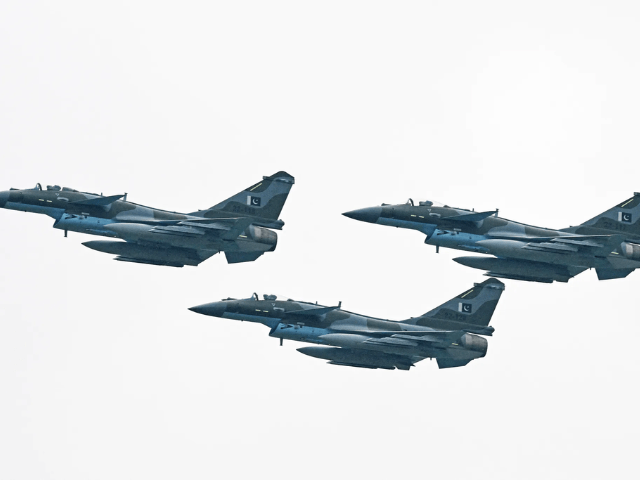Lahore:
As the airspace ban Pakistan escaped on Indian carriers pulling on for forty days, the cost of Air India said from tongue to almost undeniably, aviation sources said Wednesday.
The Indian national carrier has already taken a hit of over RS8.2 billion since the closure began.
According to well -placed aviation insiders, Air India bleeds approx. RS200 million every day due to longer alternative routes, increased fuel consumption and delays triggered by the airspace.
In a sign of increasing frustration, Air India’s CEO Campbell Wilson has formally written to the Indian government and highlighted the extent of financial damage.
In the letter, Wilson reportedly warned that continued restrictions could make aviation operations unsustainable if they were not treated soon.
According to the Economic Times, an internal presentation showed that Air India, late last year, has set a goal to become profitable by FY 27. However, the closure of Pakistani airspace for Indian carriers will probably delay it.
“It will still take a little more time to achieve what we want to achieve, but it was a five-year project in the beginning,” Wilson said in the interview to The Economic Times, referring to the five-year transformation plan ‘Vihaan’, which was announced in September 2022.
“The closure of the Pakistani airspace that started on April 24 has forced Air India’s flights to North America to take detours and stop in Vienna or Copenhagen to refuel, which led to increased expenses,” the report noted.
“It’s not insignificant, but … As long as it covers operating costs, we will continue to operate,” Wilson said. “We don’t know to what extent the bottom line will be affected. We will try to minimize the effect.”
CEO’s concerns are not limited to Air India alone. Other Indian carriers also reportedly have some billions of rupees in cumulative losses, although accurate estimates do not remain revealed.
“This is not just turbulence, it is a complete storm for Indian aviation,” noted a senior aviation employee who noted that the 40-day closure has been absorbing flight, increased operating costs and complicated international schedules for Indian carriers.
The airspace limits that came into force in the wake of increased diplomatic tensions have now completed 40 days without breakthroughs in sight. For airlines forced to bypass Pakistani airspace, the sky is not only the limit but also a precious detour.
As the ban continues, industrial experts warn that Indian carriers may soon be forced to cut routes or wander prices and transfer the burden to passengers unless diplomatic channels find a way to clear the air.



